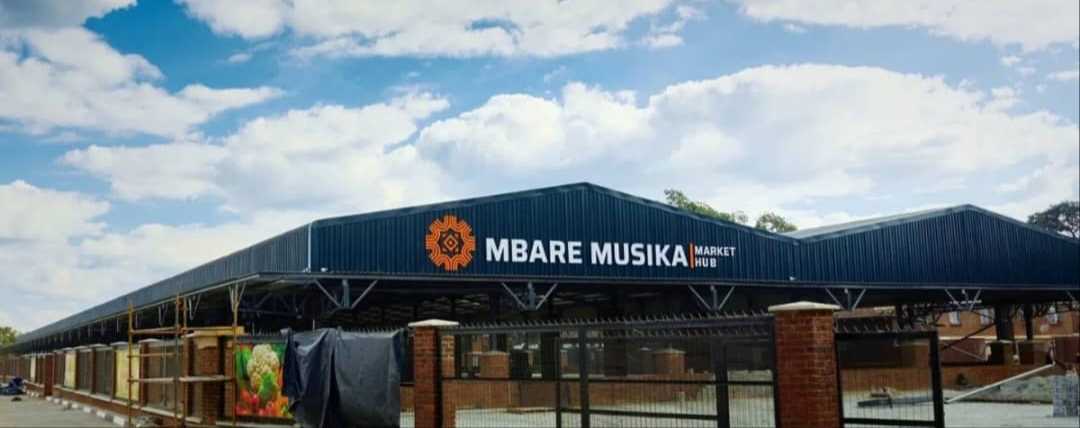
Rutendo Mazhindu, ZimNow Reporter
Five months after losing everything in the Mbare Musika fire, thousands of vendors are now facing what they call a second disaster — unaffordable fees at the newly built market that was meant to help them recover.
The fire, which broke out on October 8, 2024, destroyed stalls, stock, and livelihoods. Over 5,000 traders were affected, and the government declared it a national disaster. Construction of a new market began soon after, with promises to support affected vendors. But that promise now feels broken.
For five long months, vendors sat at home without work, waiting for the new market to be completed. Now, with the opening finally here, only 2,000 traders will be accommodated in the first phase — leaving 3,000 traders still without a place to trade.
And those allowed back in are being told to pay steep charges. Each vendor is required to pay a US$150 deposit, followed by a US$50 weekly rental fee, a US$1 daily toilet charge, and a US$240 monthly parking fee.
This means the government and council stand to collect at least US$40,000 in rent every month (US$50 x 2,000 traders), not including the US$240,000 that could be made from parking if most vendors bring their cars.
“We are being punished for something we didn’t cause,” said one elderly vendor. “We haven’t worked for months, and now they want more money than shop owners in town pay. Where do they think we will get that kind of money?”
Another trader added, “Most of us are selling vegetables and tomatoes. We make just a few dollars a day. These charges are unfair and heartless.”
The new market was built on council-owned land through a partnership between the City of Harare, Masimba Construction, and the government. But questions are now being raised about how this partnership is benefiting ordinary traders.
“This is no longer about helping people,” said Samuel Wadzai, Executive Director of the Vendors Initiative for Social and Economic Transformation (VISET). “It’s about making money from people who have already lost everything.”
Related Stories
He said the charges are “worse than CBD shop rentals” and warned that many genuine vendors may be pushed deeper into poverty or forced out completely.
Harare City Council’s Small and Medium Enterprises Committee Chairperson, Denford Ngadziore, also distanced the council from the fees, saying they were never approved.
“The only official fee is US$25 per month,” he said. “No trader should be paying anything until the council has discussed and approved the charges. What is happening now is wrong and illegal.”
Residents’ groups have joined the outcry, demanding full transparency about the agreement between the developers and city authorities.
Precious Shumba from the Harare Residents’ Trust asked, “What is the real deal between Masimba Construction, the government, and the City of Harare? The public deserves answers.”
Ruben Akili from the Combined Harare Residents Association said the new fees are not “pro-poor” and accused officials of trying to drive out real traders.
President Emmerson Mnangagwa recently praised the completion of Phase 1 of the market and said:
“It is commendable that the first phase of the market is now complete. This paves the way for 2,000 traders to begin operations and comes as a timely relief for traders who now have decent workspace.”
He also emphasized affordability and inclusion:
“All partners to this and future projects are directed to ensure that levies and rentals to such facilities are pegged at competitive and affordable levels.”
In a bid to support those most affected by the fire, the president went further by presenting Trader Lease Agreements and preloaded rental cards to youth, persons with disabilities, veterans, and vendors.
“Government is committed to cushioning vulnerable groups. To this end, I have directed that the first month’s rent be covered for every trader occupying a stall in the new Mbare Market.”
He added that the improved trading environment aligns with broader national goals:
“The improved business and trading environment resonates with our national Vision 2030 and the Sustainable Development Goals (SDGs).”
However, many vendors feel those goals are slipping away. As the verification process for stall allocation began this week, traders said they feel betrayed.
While the president’s gesture to cover the first month’s rent was welcomed, they are still expected to begin paying the US$50 weekly fee from the second month onward — a burden they say is still too heavy for their already struggling businesses.










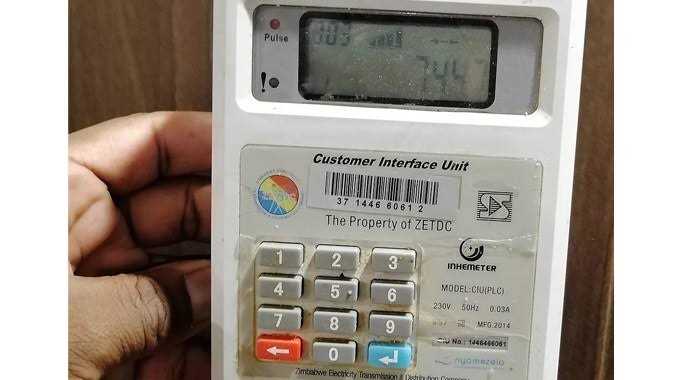

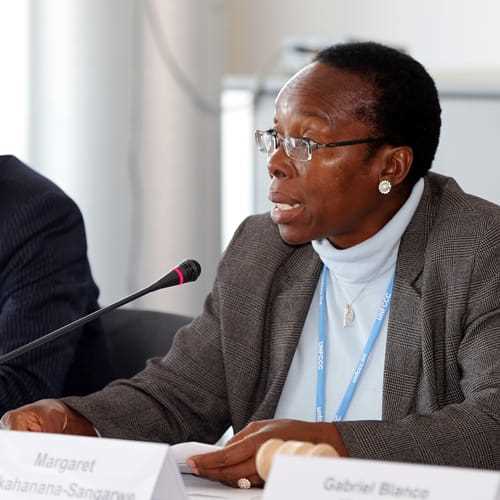

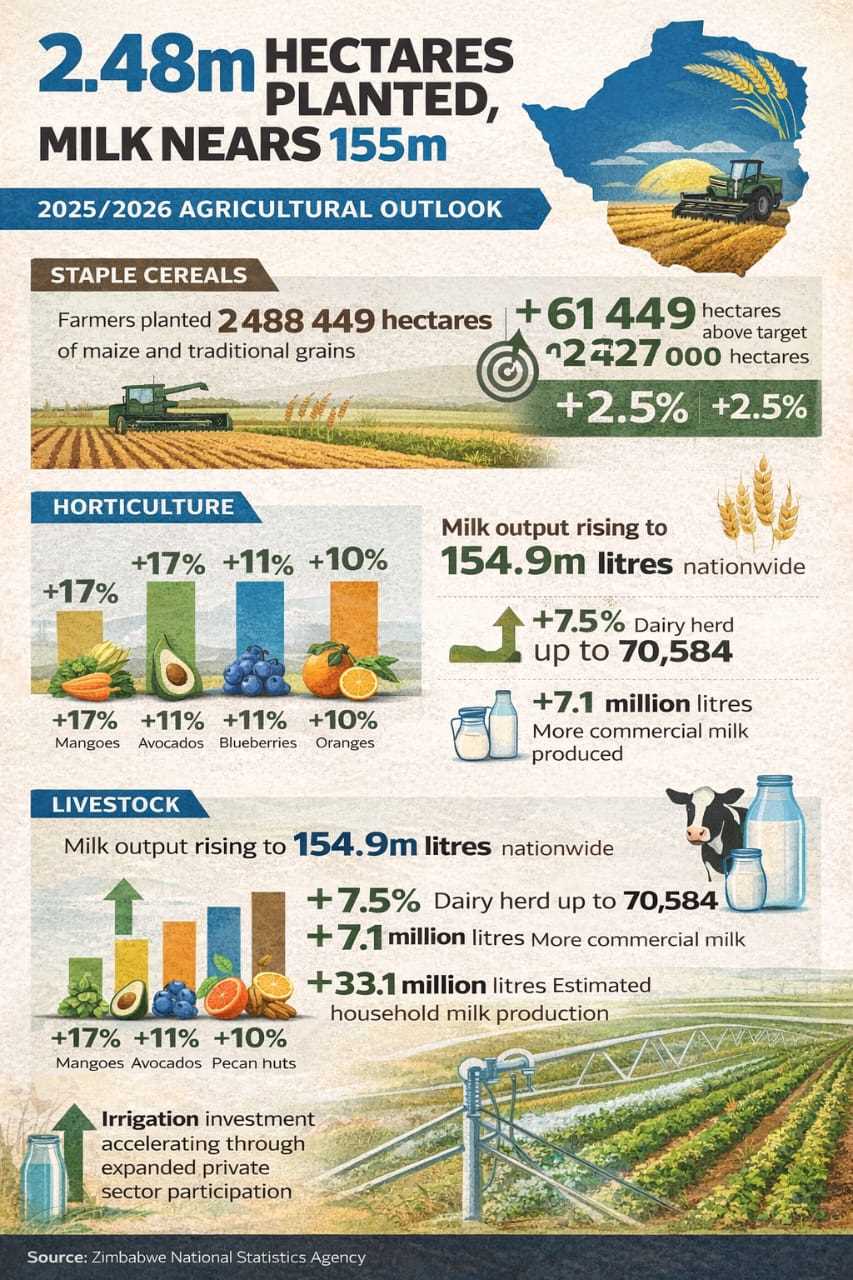

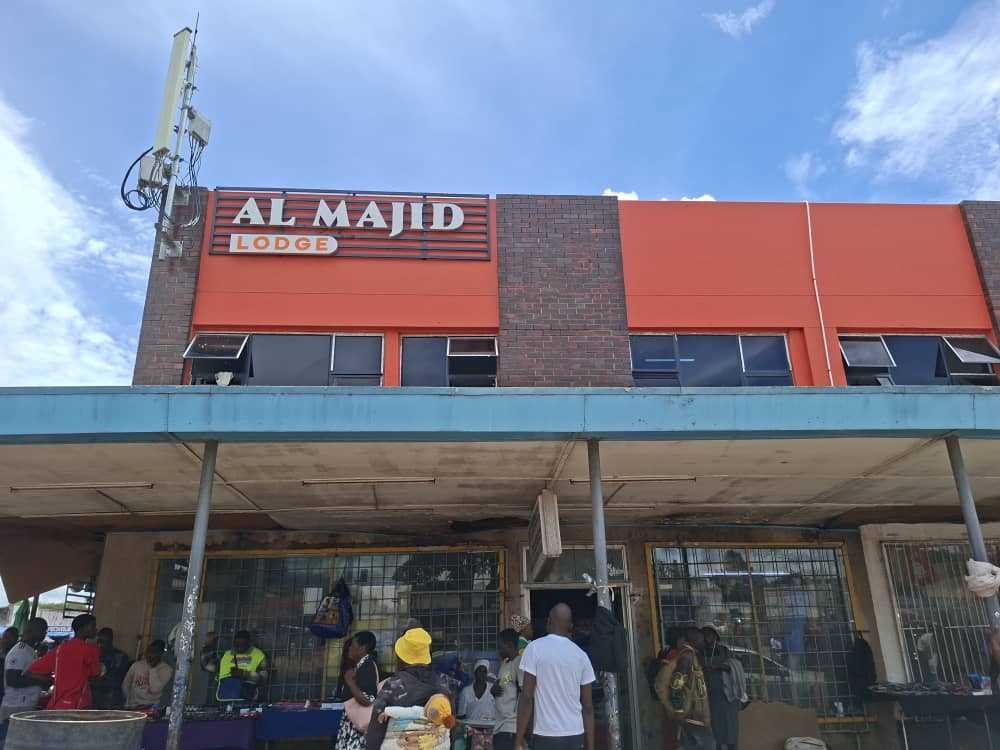



Leave Comments